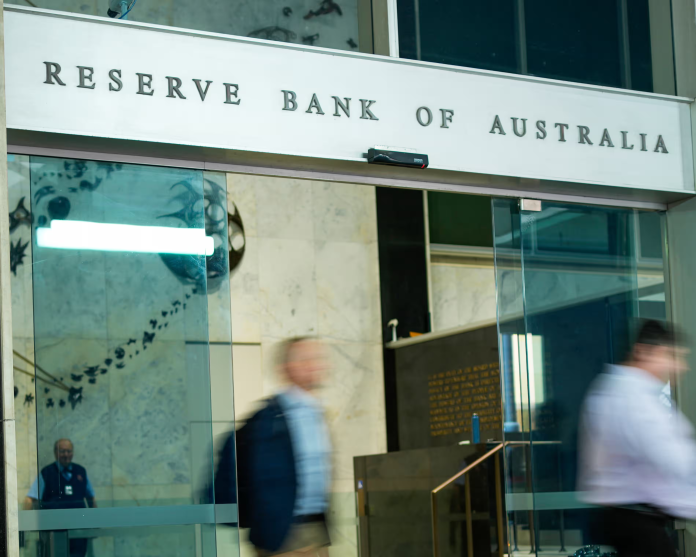The Reserve Bank of Australia (RBA) slashed interest rates to 3.85%, as cooling inflation and mounting global trade risks prompted policymakers to prioritise economic stability, Reuters reported.
Governor Michele Bullock left the door open for further cuts, warning that US President Donald Trump’s tariff shocks and sluggish domestic demand could prolong the easing cycle.
The 25-basis-point reduction, widely anticipated by markets, reflects the RBA’s balancing act between taming inflation and insulating Australia from what Bullock termed a “roller coaster” of global uncertainty. While inflation has retreated to 2.4%, the central bank warned that Trump’s “Liberation Day” tariffs and volatile trade policies threaten to derail growth among key trading partners, particularly China.
Bullock revealed the board debated a larger 50-basis-point cut but settled on a “cautious” approach. The decision underscores a marked shift from February’s hawkish tone, with the RBA now acknowledging that global trade disruptions could exert disinflationary pressures domestically.
Australia’s economy shows signs of fragility despite a resilient labour market. Unemployment remains at 4.1%, near historic lows, but household consumption has disappointed, growing just 1.9% in 2025 against earlier forecasts of 2.6%. While Bullock hailed progress in curbing inflation without spiking joblessness, the RBA’s updated forecasts project slower GDP growth and a gradual rise in unemployment to 4.3% by year-end.
The housing market, a critical pillar of consumer sentiment, has yet to respond decisively to February’s rate cut, though analysts anticipate improved borrowing capacity and buyer activity as rates decline further.
Investors interpreted the RBA’s pivot as a precursor to deeper cuts, with swaps pricing a 60% chance of another reduction in July and a terminal rate of 3.1% by early 2026. The Australian dollar fell 0.5% to $0.6425 following the announcement, while bond yields slid on expectations of sustained easing.
Yet Bullock stressed the RBA retains ample firepower to “respond decisively” if needed, with analysts like Capital Economics’ Abhijit Surya predicting rates could fall in a recession.
